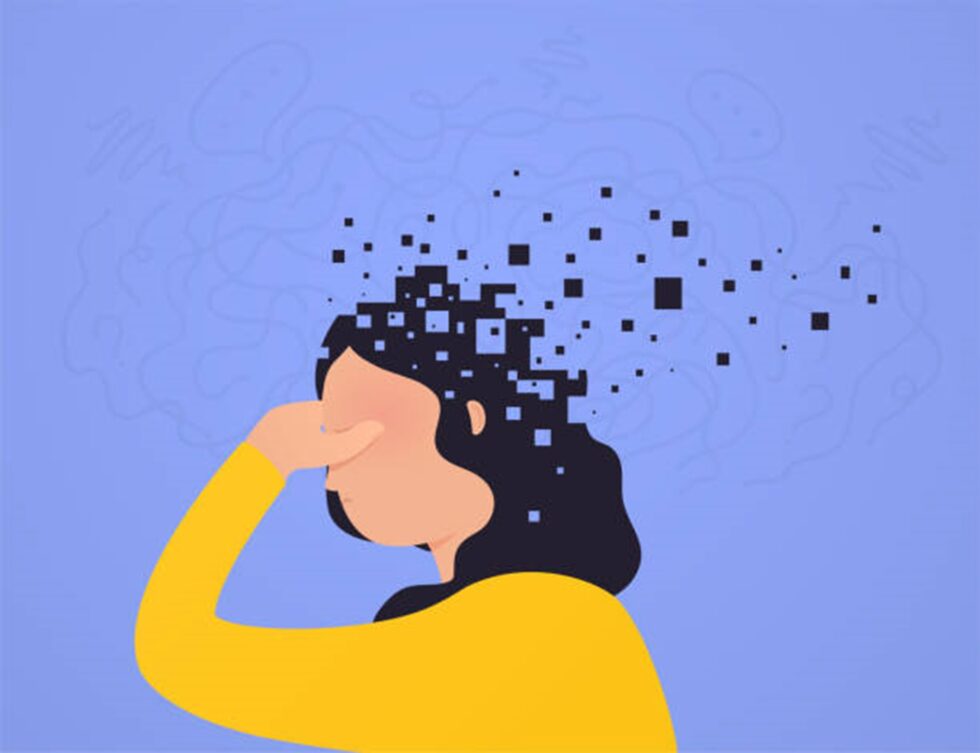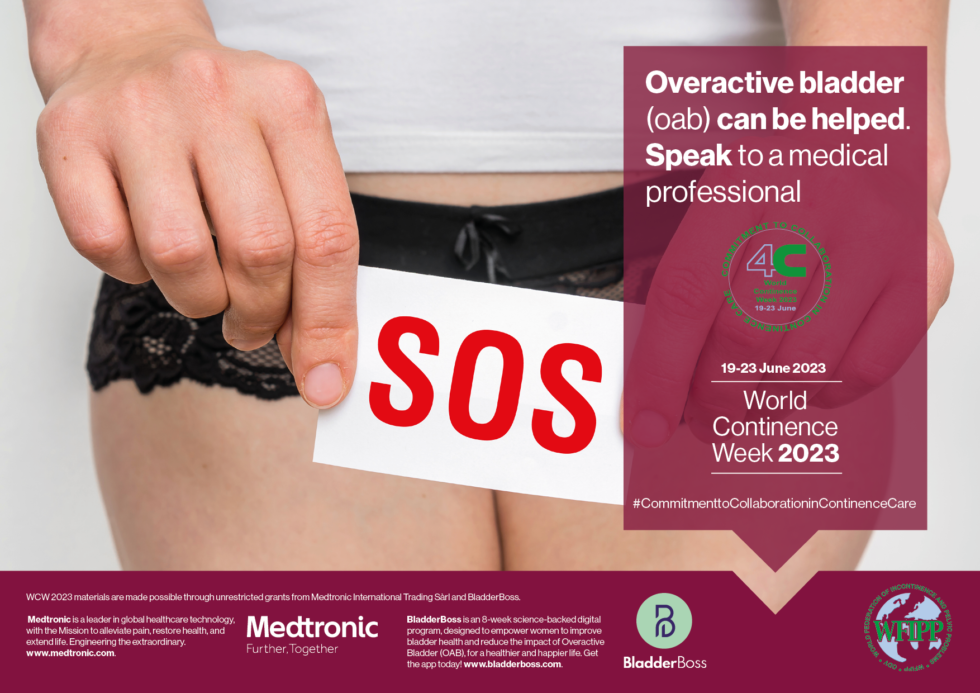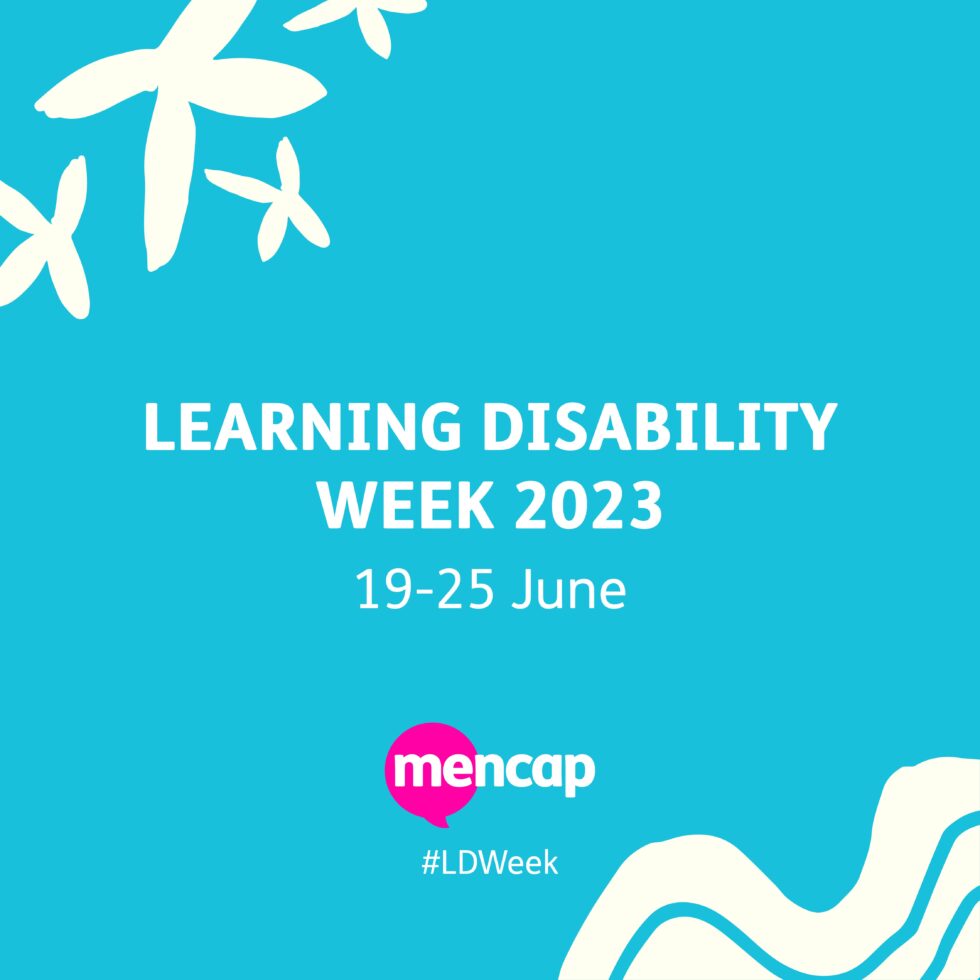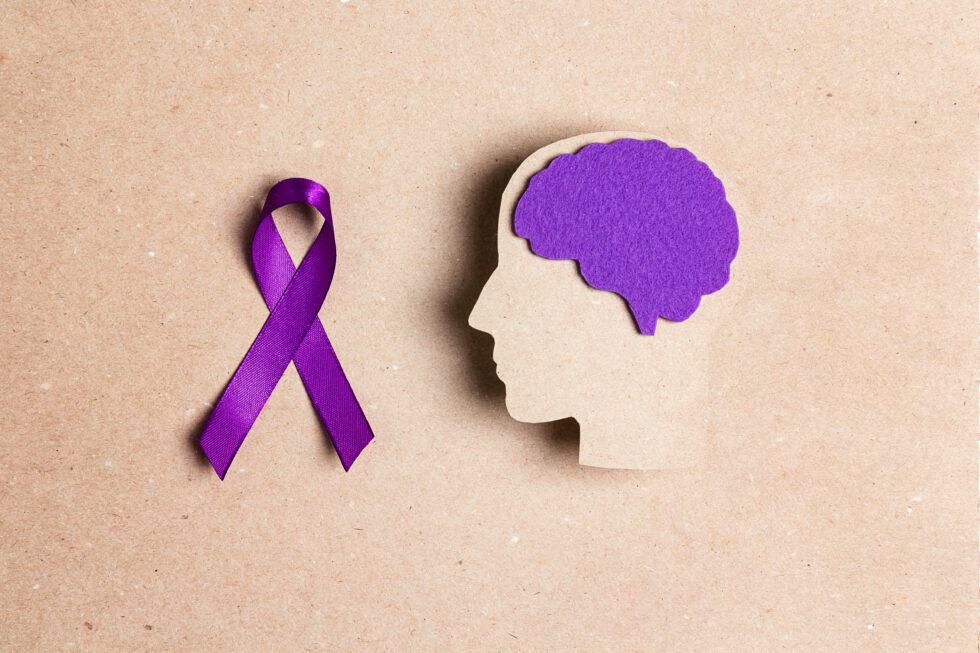One in one hundred people will experience schizophrenia. Despite being so common the stigma surrounding schizophrenia, as with most areas of mental health, remains high, this is due to a lack of understanding.
Schizophrenia is a very complex condition. It affects how a person thinks, feels and experiences the world around them.
People with a diagnosis of schizophrenia can often experience different symptoms including; audio hallucinations (hearing voices), delusions, disorganized thinking and changes in body language or emotions.
The condition is diagnosed by a psychiatrist who will meet with an individual several times to talk about their mental health, and ask about symptoms, experiences, feelings and thoughts and actions.
There are a number of causes of schizophrenia, usually it a combination of several factors, such as: stress, genetics, brain damage, drugs and alcohol, a difficult childhood, menopause.
For some people schizophrenia is a life long condition that will require day to day management. When looking at recovery from the condition it is looking at regaining a good quality of life rather than ‘being cured’.
The management of schizophrenia differs from person to person but can be a combination of medication, talking therapies such as CBT and a good support network. Approximately one in five people with schizophrenia with recover and go on to live independent lives with no further episodes.
There are risks and complications associated with the condition including physical health issues requiring regular physical health checks, higher risk of suicide due to symptoms of low mood, and problems with alcohol and drug use.
There are many myths that have stigmatized the condition, mainly in the media, these include:
- “Schizophrenia means someone has a split personality” – The word itself is combination of ‘schizo’ meaning ‘to split’ and phrene meaning ‘the mind’ however schizophrenia does not mean split personality.
- “If you live with schizophrenia, you can’t work” – Many people who live with schizophrenia do work both full or part time jobs, this is especially true if their condition is stable and they have the right support around them. Work can be a key element in recovery.
- “People who live with schizophrenia are dangerous” – Those who live with schizophrenia are usually dangerous and are more likely to be harmed by other people than to harm others.
Even though there is a vast amount of information available about the condition it remains strongly stigmatized, as with many mental health conditions. National Schizophrenia Awareness Day, which is today, shines a light on the every day challenges that the millions of people living with a diagnosis of schizophrenia face and how we can tackle the stigma and discrimination around it.
National Schizophrenia Awareness Day (rethink.org)
Moonrise understands that being a carer or a loved one of someone with schizophrenia has its challenges and through our services we can provide much needed respite for those who need it. Get in touch for more information.














